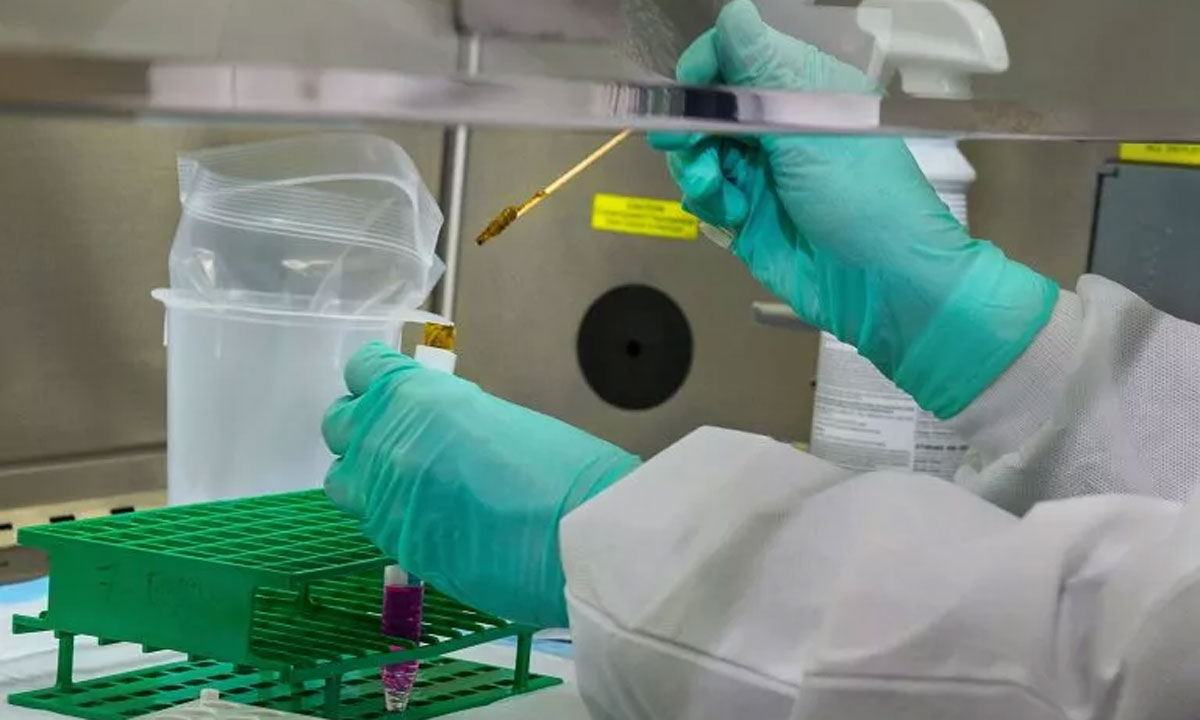The Ministry Of Health Approves Use Of Hydroxychloroquine With Azithromycin For COVID-19 Late On March 31.
New Delhi: The Ministry of Health released its revised Guidelines on Clinical Management of COVID–19 late on March 31. The guidelines add that the medication is presently not recommended for children less than 12 years, pregnant and lactating women.
As a major change in the clinical management strategy for COVID-19 patients, the Ministry of Health has approved the use of hydroxychloroquine in combination with azithromycin for “patients with severe disease and requiring ICU management”.
The government, however, did not approve any antivirals saying, “no specific antivirals have been proven to be effective as per currently available data.”
The clinical management guideline-approved hydroxychloroquine (Dose 400mg BD – for 1 day followed by 200mg BD for 4 days) in combination with azithromycin (500 mg OD for 5 days) may be considered as an ‘off–label’ indication and is to be used under close monitoring including QTc interval.
This follows closely on the heels of the US drug regulator’s approval for two anti-malaria drugs, chloroquine and hydroxychloroquine, to treat patients infected by Sars-Cov-2. On March 30, the USFDA gave emergency use authorization to the two malaria drugs to be prescribed “as appropriate, when a clinical trial is not available or feasible”.
The Indian Council of Medical Research had first approved the use of hydroxychloroquine as a prophylaxis, meaning as a preventive therapy, for high-risk individuals. All asymptomatic healthcare workers involved in care of COVID-19 patients and asymptomatic household contacts of laboratory confirmed cases were listed as high-risk individuals.
Despite public advisories to not self-medicate on the drug, people started buying HCQS drug in bulk, creating partial shortage in the market. The government banned export of hydroxychloroquine on March 25 and two days later, to prevent its misuse and restrict sales, changed its categorisation as a Schedule H1 drug, meaning hydroxychloroquine could only be sold on prescription.
While there is yet no approved or proven treatment for COVID-19, multiple smaller studies and anecdotal evidence have put anti-malaria drugs at the forefront.
Questions, however, have been raised on the effectiveness, particularly with the side effects the drugs carry. The drug taken in combination with azithromycin increases the risks of side effects like arrhythmia or irregular heartbeat and even toxicity if taken in higher dosage. Experts say much larger clinical trials on patients are needed to test the effectiveness of the hydroxychloroquine. Despite multiple media queries, Indian health ministry or the ICMR has not disclosed the study papers or evidence that it used to approve HCQS as a prophylactic therapy for high-risk people earlier or as a treatment for critical patients now.
Without disclosing much data, ICMR’s Head of Epidemiologist and Communicable Diseases Dr R R Gangakhaedkar, in a press briefing on March 28 had said, “Reduction in viral load has been observed in COVID- 19 patients who were given hydroxychloroquine drug.”The revised clinical management guidelines say: “These guidelines are based on currently available information and would be reviewed from time to time as new evidence emerges.” The guidelines add that the medication is presently not recommended for children less than 12 years, pregnant and lactating women


